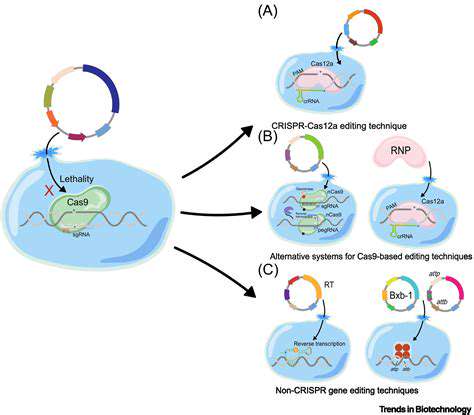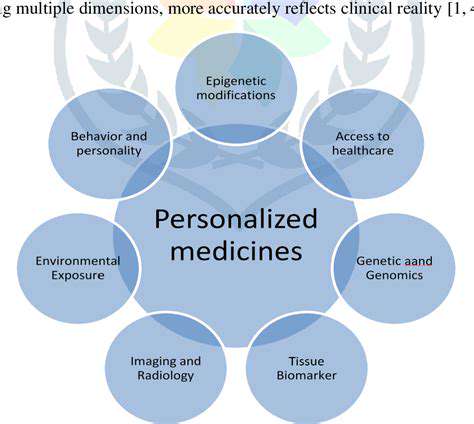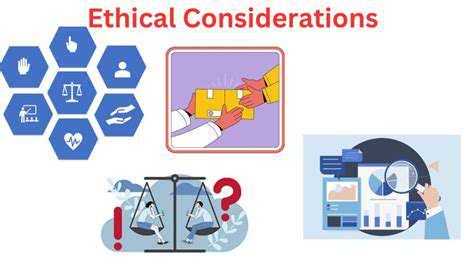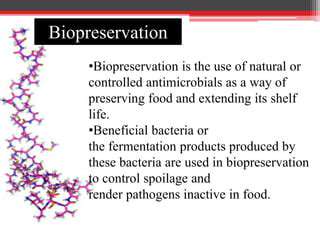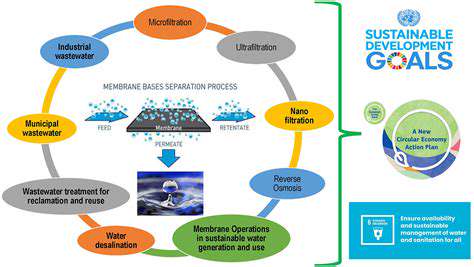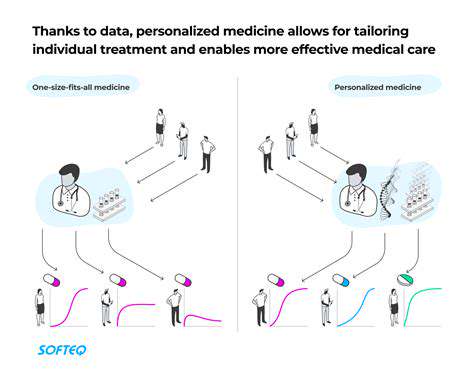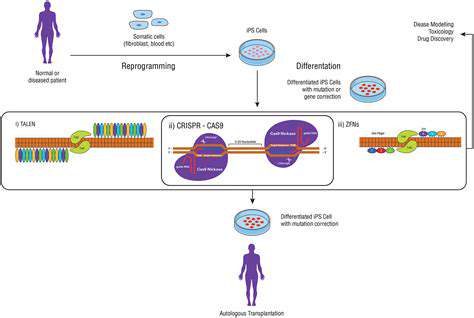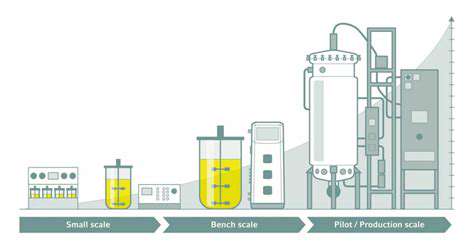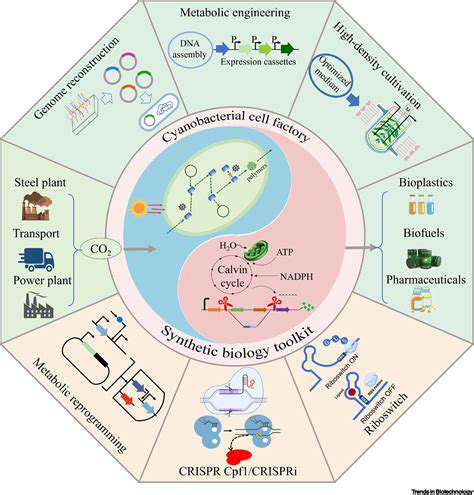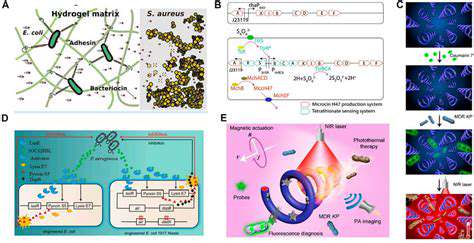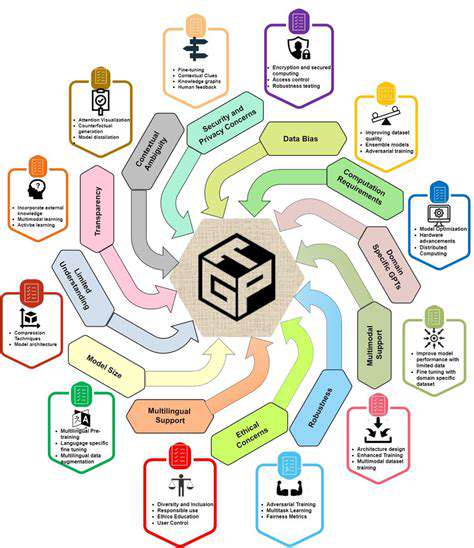Genomics, the complex study of our complete genetic blueprint, is revolutionizing healthcare by enabling treatments tailored to each person's unique DNA. When researchers examine an individual's genetic code, they uncover hidden risks for diseases and create customized prevention strategies that simply weren't possible a decade ago.
The ability to predict how patients will respond to specific drugs based on their genetic makeup represents one of medicine's most significant breakthroughs. This revolutionary approach reduces harmful side effects while dramatically improving treatment success rates, giving patients better outcomes than ever before.
Personalized Drug Response and Treatment Strategies
Modern medicine now uses genetic testing to customize prescriptions for maximum effectiveness. Doctors can determine optimal medication types and dosages by analyzing how a patient's genes affect drug metabolism. This scientific approach prevents dangerous reactions while ensuring treatments work as intended.
Today's most advanced therapies target the root genetic causes of diseases rather than just alleviating symptoms, fundamentally changing how we treat serious conditions. From cancer to rare genetic disorders, this precision approach delivers better results with fewer complications.
Genetic Predisposition to Disease and Prevention
Cutting-edge genetic screening reveals inherited risks for conditions like cardiovascular disease, various cancers, and metabolic disorders. Armed with this knowledge, individuals can implement preventive measures including specialized diets, exercise plans, and early monitoring to potentially avoid these health issues entirely.
Modern genetic testing empowers people to take control of their health destiny through early, science-based interventions. This proactive healthcare model helps prevent diseases before symptoms appear, leading to longer, healthier lives.
Genomics in Cancer Diagnosis and Treatment
Oncologists now analyze tumor DNA to identify the exact genetic mutations driving each patient's cancer. This detailed molecular profiling enables treatments specifically designed to attack the cancer's unique weaknesses while sparing healthy tissue, representing a quantum leap in oncology care.
Precision oncology tailors chemotherapy and radiation protocols to each tumor's genetic signature, improving survival rates while reducing debilitating side effects. This scientific approach gives cancer patients better quality of life during and after treatment.
Genomic Screening and Diagnostics for Early Detection
Advanced genetic testing allows healthcare providers to detect disease risks years before symptoms emerge. By identifying high-risk individuals early, doctors can implement preventive strategies and monitoring protocols that catch diseases at their most treatable stages, particularly for aggressive cancers and genetic conditions.
Early genetic detection creates a critical window for intervention when treatments are most effective, fundamentally changing disease outcomes. This preventive model transforms healthcare from reactive to proactive, benefiting entire populations.
Genomics in Agriculture and Animal Husbandry
The genetic revolution extends beyond human medicine into food production. Scientists use genomic techniques to develop crops with higher yields, better nutrition, and resistance to pests and climate extremes. Similarly, livestock breeding programs now incorporate genetic selection to improve animal health and productivity.
Genetically optimized crops require fewer pesticides while withstanding drought and disease, offering sustainable solutions to global hunger challenges. These agricultural advances help feed growing populations without expanding farmland.
Ethical Considerations and Future Directions
As genetic technology advances, society must address important questions about data privacy, insurance discrimination, and equitable access. Strong ethical frameworks and regulations will ensure these powerful tools benefit everyone. Meanwhile, ongoing research promises even more groundbreaking applications in healthcare, agriculture, and environmental science.
The genomic revolution will continue delivering life-changing innovations, but requires careful stewardship to maximize benefits while minimizing risks. Responsible development of these technologies will shape medicine, food security, and scientific progress for generations to come.
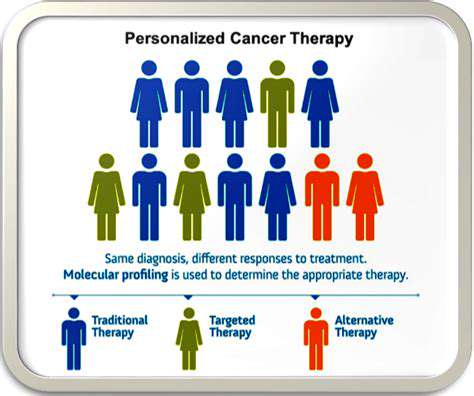
Digital payment solutions have fundamentally altered financial transactions, merging user convenience with advanced security protocols. The elimination of physical payment methods in most situations has created unprecedented transactional speed and reliability. This evolution reflects society's broader shift toward integrated mobile platforms that incorporate payment functionality into everyday devices and applications.
